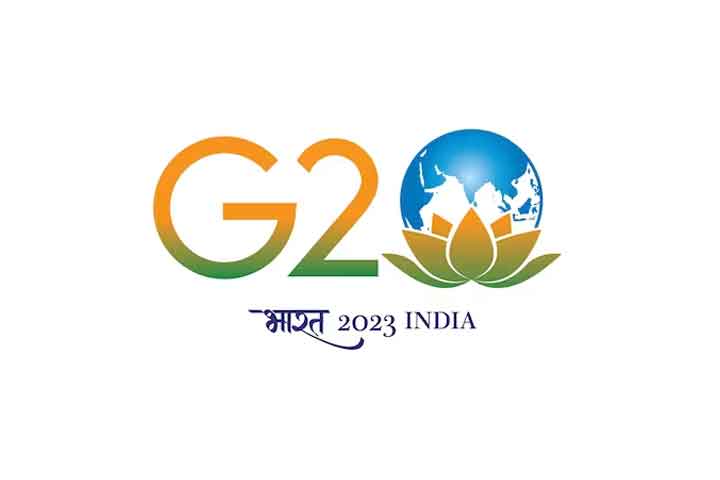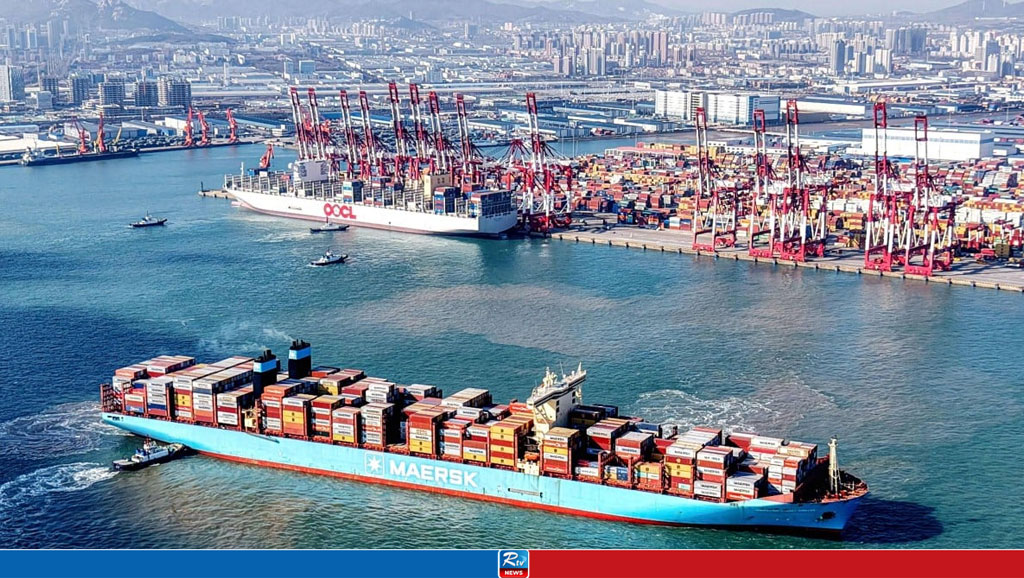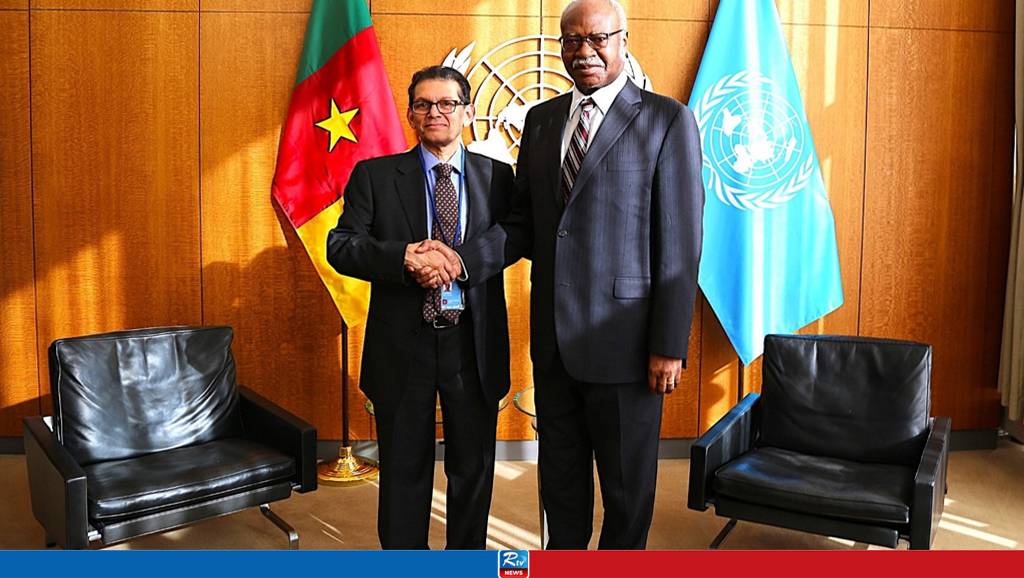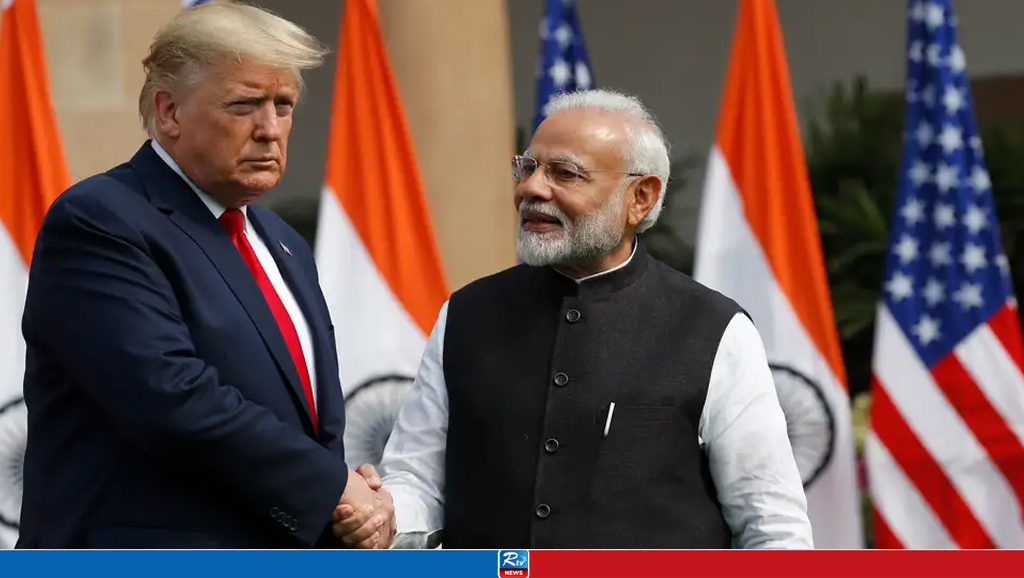India amplifying voice, concerns of Global South, says Ruchira Kamboj

India, during its G-20 Presidency, is amplifying the voice and concerns of the Global South and developing countries, the country's Permanent Representative to the United Nations, Ruchira Kamboj said.
Speaking at ECOSOC Forum on Financing for Development 2023 on Thursday (local time), Kamboj said, "The Voice of the Global South Summit held in January 2023, chaired by Prime Minister Narendra Modi, was attended by 125 countries, including 18 at Heads of State/Government level and others at the Ministerial level."
Furthermore, Kamboj said, during India's ongoing Presidency, participation from Africa is the highest ever, which includes South Africa (G20 Member), Mauritius, Egypt, Nigeria, AU Chair - Comoros, and the African Union Development Agency-New Partnership for Africa's Development (AUDA-NEPAD)".
India's G20 Presidency reached its 100th event on 17 April with the Meeting of the Agricultural Chief Scientists in Varanasi. "Following the spirit of 'One Earth One Family One Future', India is committed to forging consensus through the G20 process to find solutions to global challenges," Kamboj added.
Kamboj further raised concern over the uncertain global economic outlook, inflationary pressures, debt distress, uneven recovery from the COVID-19 pandemic, lack of progress on the Sustainable Development Goals (SDGs), the adverse effects of climate change, and geopolitical conflicts and said that these have impacted the Global South the most.
"The developmental initiatives of the Global South, in particular the implementation of the 2030 agenda and the SDG targets, are facing serious challenges. There is a growing recognition of the urgent need to address these issues, including by strengthening multilateral coordination to tackle debt distress in low-income and vulnerable middle-income countries effectively," she said.
The Indian envoy urged for a supportive international economic environment and multilateral trading regime, financially viable, transparent, and sustainable investment flows aligned with national priorities, and a strengthened framework for the transfer of technology is fundamental.
"We also need to ensure stable trade flows to address the multiple global crises, inter alia, of food, energy and finance, as well as enhancing food security and nutrition. We must enhance the sustainability and resilience of supply chains that foster the sustainable integration of developing countries," she said.
Kamboj also called for urgent reform of the international financial architecture, including MDB reform.
"The lack of representation of vulnerable and developing countries in formal decision-making processes will determine the legitimacy and relevance of MDBs in the coming decades. The G20 under India's Presidency has prioritized MDB reform, including through the recently constituted expert group on strengthening MDBs, and the need for them to evolve to address the increase in demand on their lending resources, knowledge support, and for catalysing private investment," she said.
Kamboj also laid emphasis on strengthening multilateral collaboration among creditors to address the deteriorating debt situation, and to ensure transparency and equality in treatment of all creditors in the debt restructuring efforts.
"India has co-chaired a Sovereign Debt Roundtable with the IMF and World Bank on the margins of the Spring Meetings recently to discuss debt sustainability and debt restructuring challenges and ways to address them, including the G20 Common Framework," Kamboj said.
She reiterated that climate finance and progress on the SDGs are two sides of the same coin. Timely and adequate resources for climate finance, including exploring innovative financing is important.
"There is a need to set a New Collective Quantified Goal from a floor of USD 100 billion per year, prioritizing the needs of developing countries. The COP27 decision on funding arrangements for responding to loss and damage, and the COP15 decision on the Global Biodiversity Framework Fund must be implemented expeditiously," she added.
Within the G20, India has proposed Digital Public Infrastructure and Digital Skilling as key priority areas to realize potential, and harness the opportunities of the digital economy.
Science, technology and innovation can play a key role in bridging current SDG gaps and in harnessing the needed resources for scaling up economically. Digital technology can be a key tool for inclusion, advance governance, better service delivery and promote inclusion of all sections of society.
"Development cooperation must draw investments in digital infrastructure, digital skills training, and digital literacy," said Kamboj.
Comments
Devastating Road Accident in Ethiopia: At Least 66 Dead

Afghanistan Taliban Targets "Several Points" in Pakistan, Tensions Increase

China's Trade Tensions With US Remain High Ahead of Trump Inauguration

China Firing Preemptive Trade War Shots at Trump

UNGA President, Dr. Khalilur Rahman Discuss 2025 Rohingya Conference

BSF Reports: / Muslims, Not Hindus, Flocked to India from Bangladesh After August

Pakistani Girls from Dawoodi Bohra community Continue to Grapple with Secretive Practice of FGM: Report


 Live Tv
Live Tv




